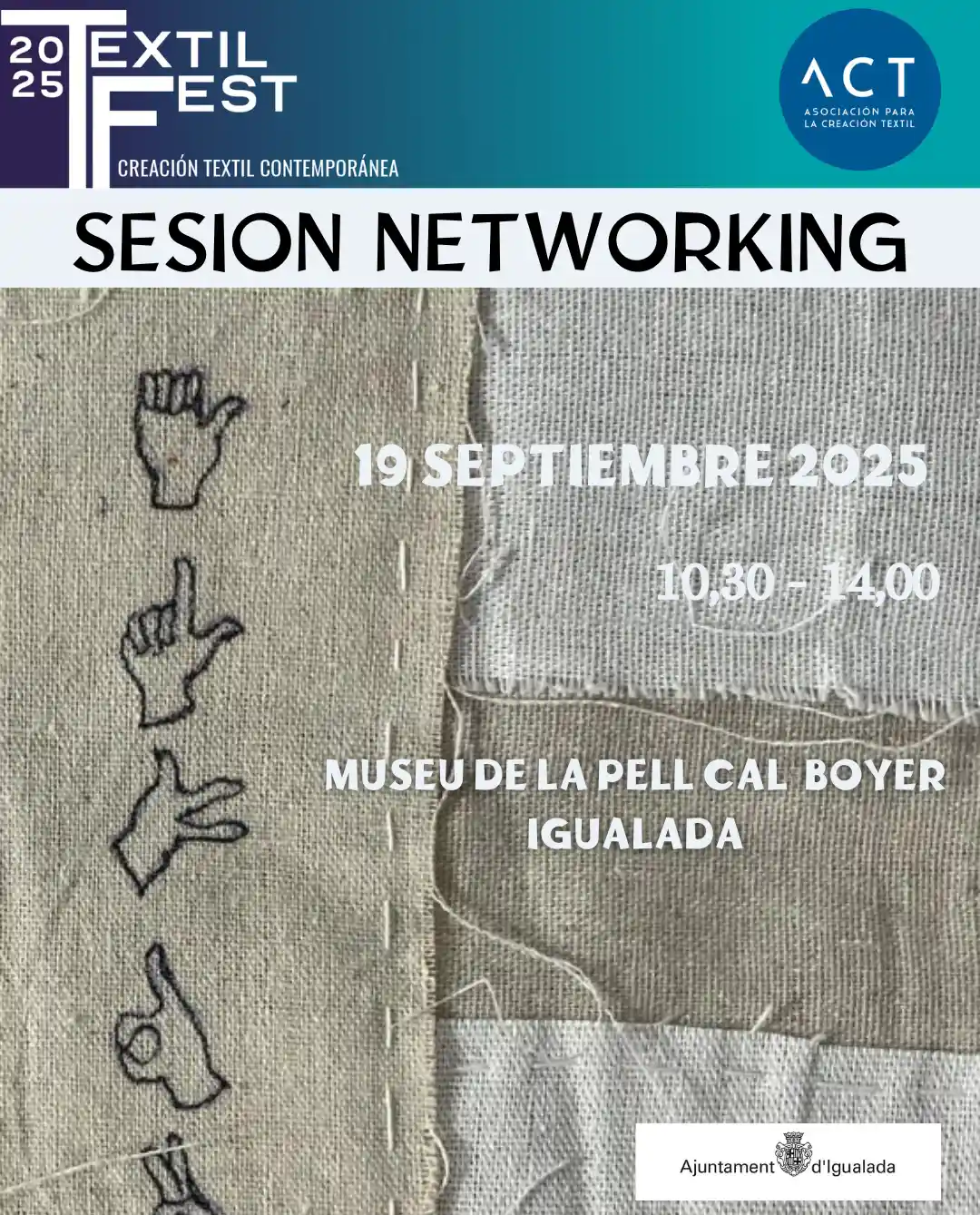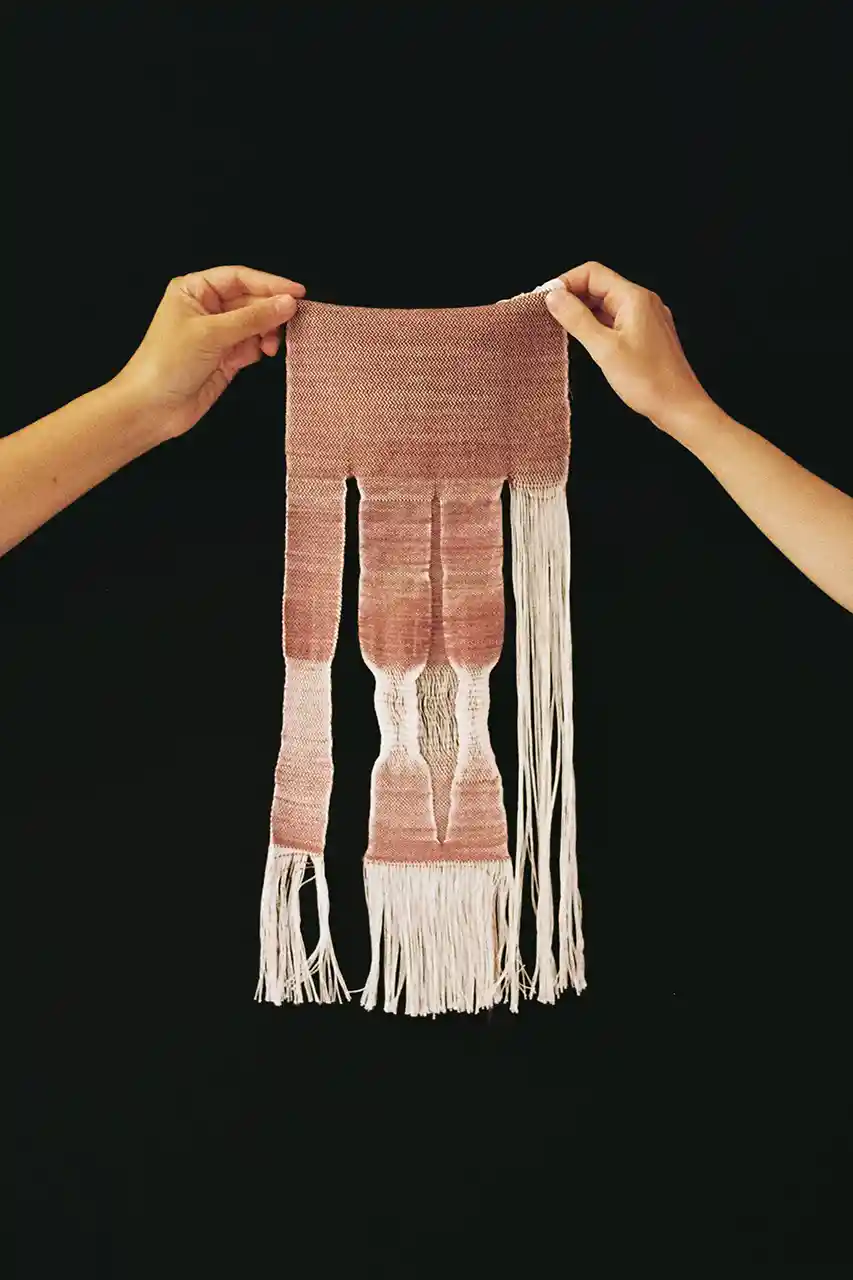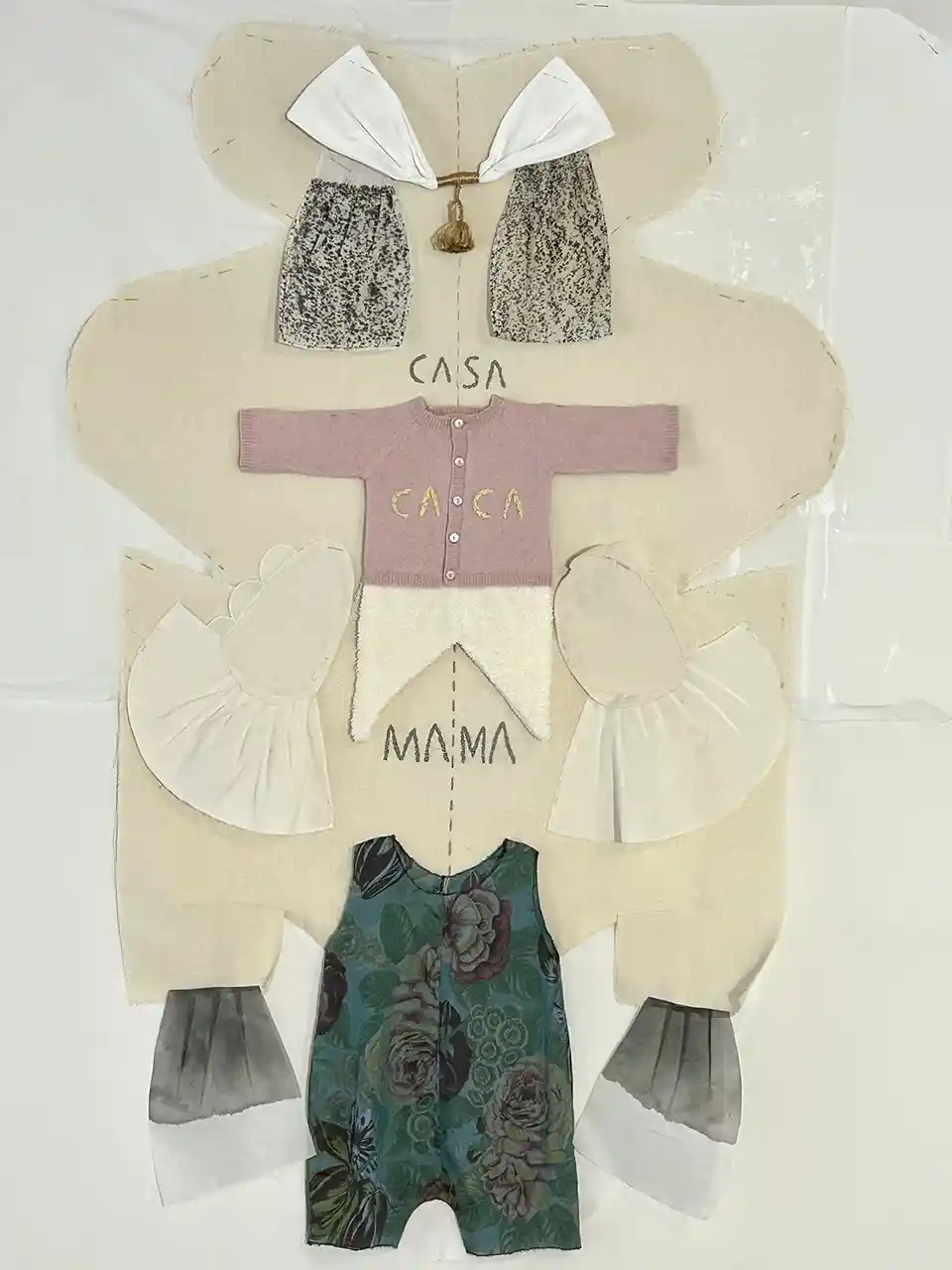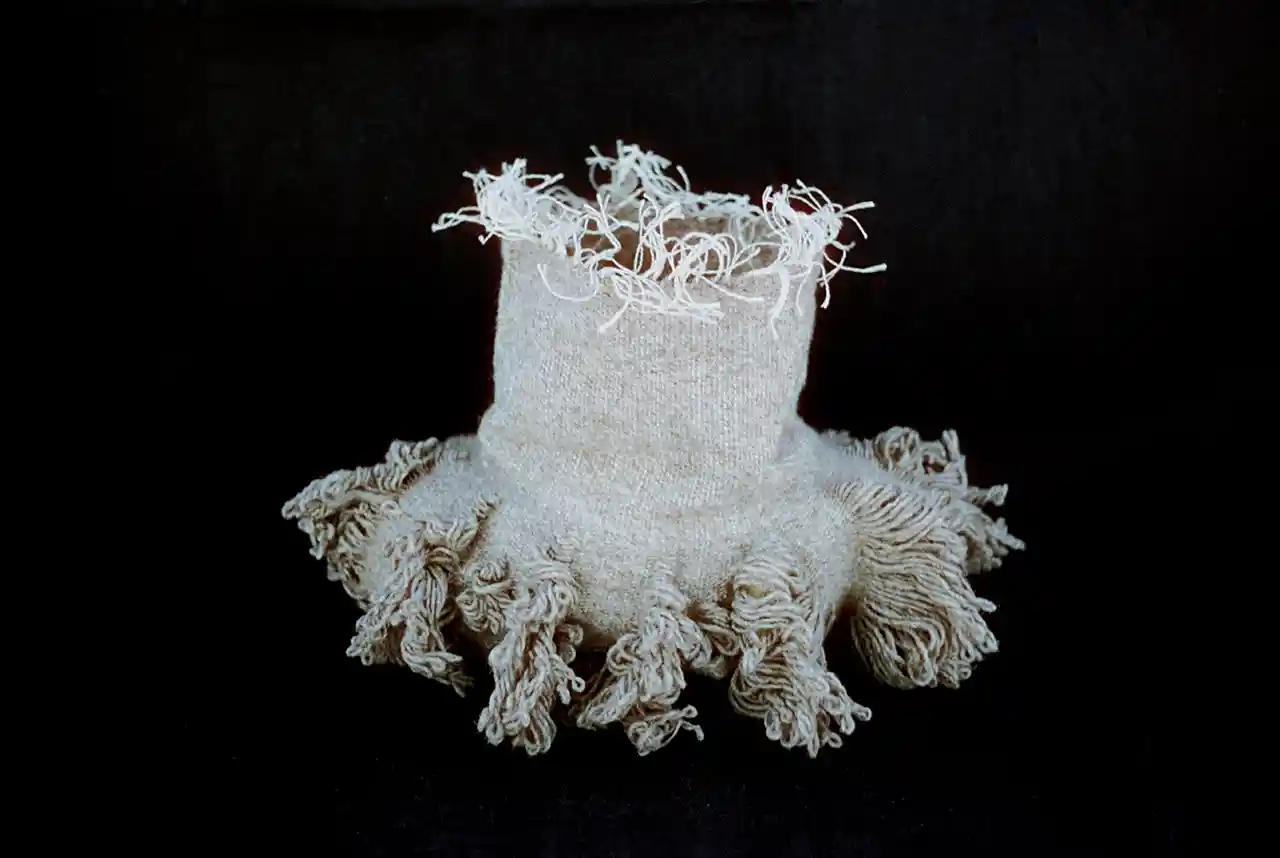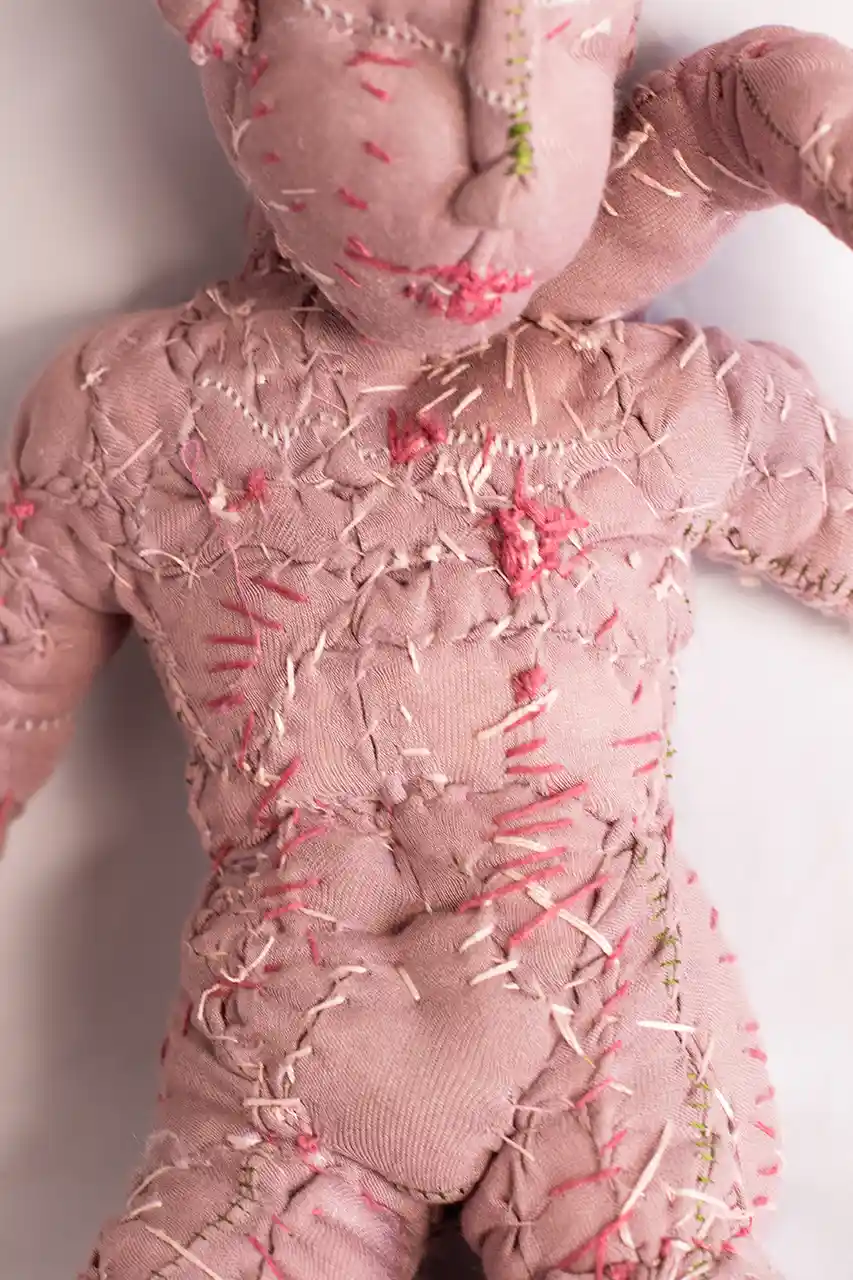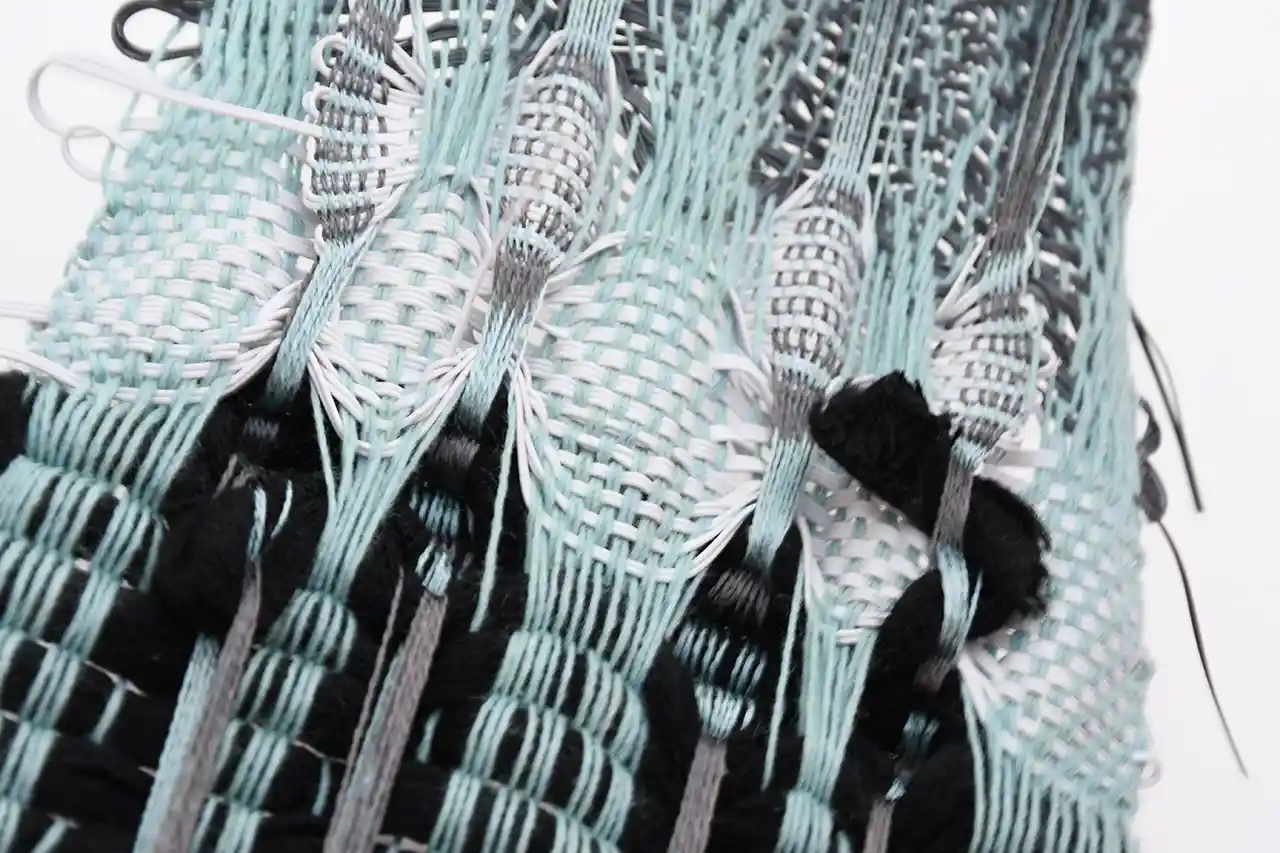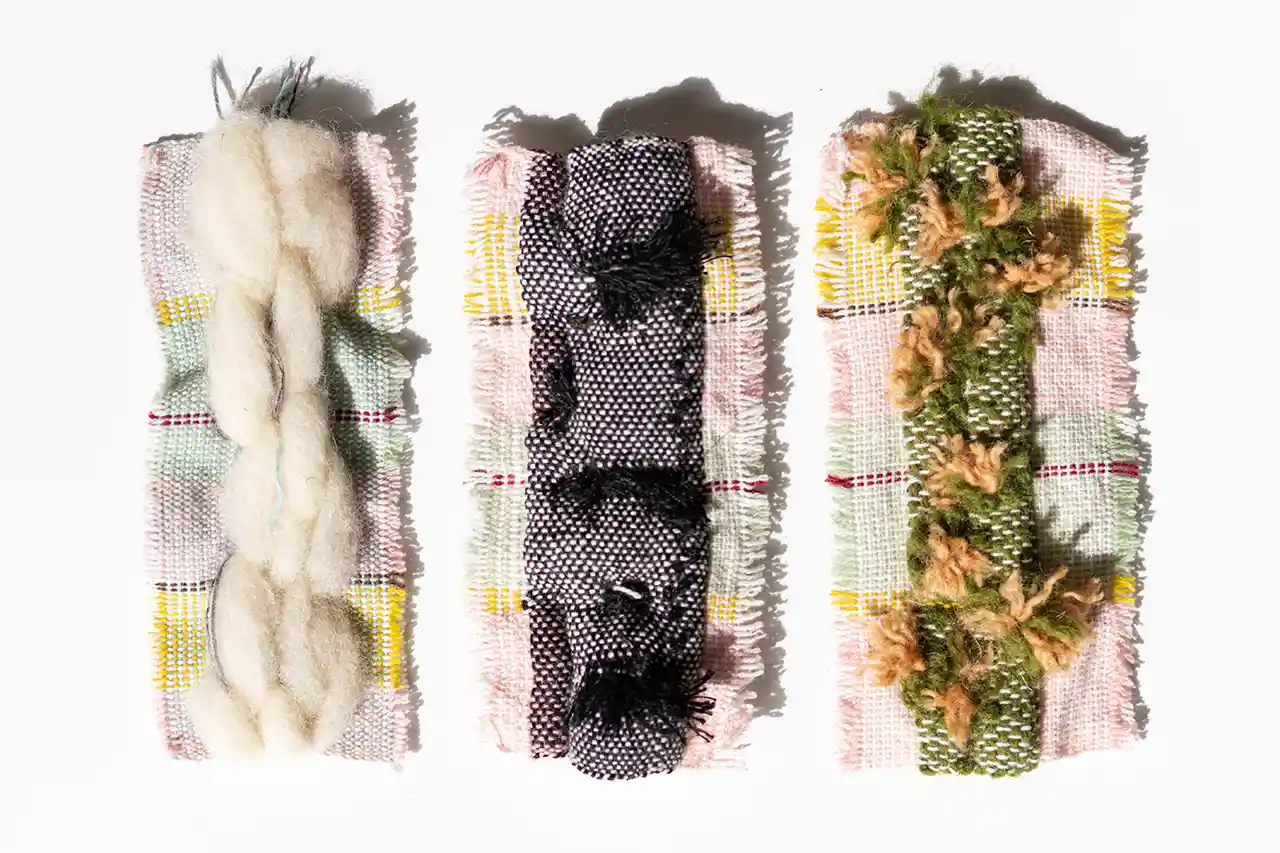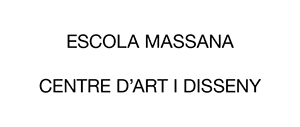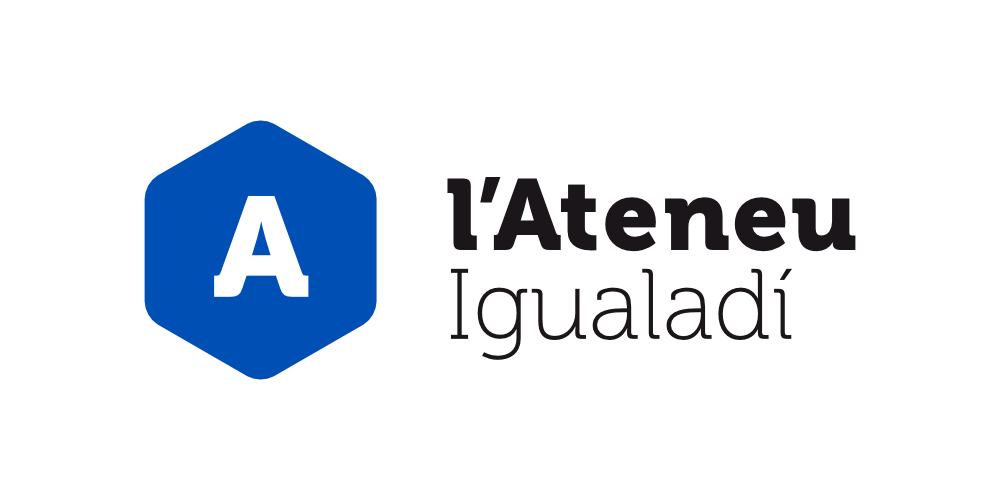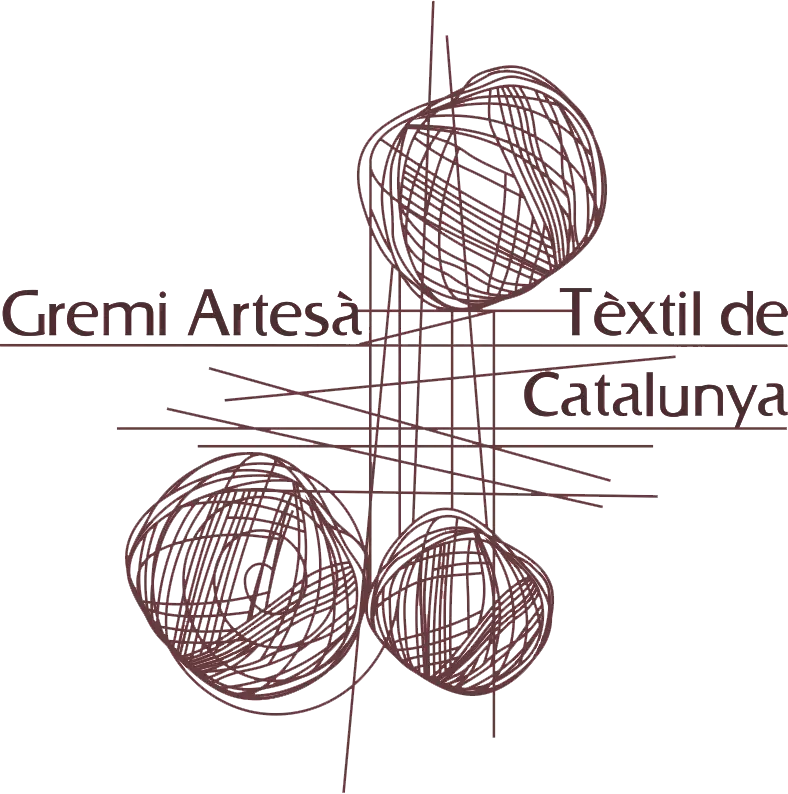Sesión de Networking
Presentation of the final projects of six students from the postgraduate program in Applied Arts at the Massana School
September 19
10:30
Design + Folds + Colour. Annika Andersson (1959) is a Swedish textile artist whose medium is loom weaving and dyeing all the materials she uses. She employs the double fabric technique with figurative motifs using the pick-up technique, or digital weaving, combining it with the woven shibori she studied during a residency at the Icelandic Textile Centre. She finds it interesting to dye after weaving to partially conceal the motifs.
10:45
The Power of Indigo and Community: An Encounter with the Nùng An Women of Vietnam. Luisa Uribe is a designer and textile artist specialising in natural indigo. After living in Japan, where she discovered indigo and studied traditional textile techniques, she has devoted more than a decade to the comprehensive study of this material, conducting fieldwork in Japan, India and Vietnam and learning from masters in Mali, the United States and England, where she lived for 15 years and co-founded Indigo Garden London.
11:00
From Structure to Free Forms. My Journey To Unlock Creativity Through Crochet. Chad Turner grew up watching his grandmother crochet, a technique he learned as a teenager. The presentation focuses on his search for creativity, recently found through the art of crochet after failed attempts to learn to draw and play the piano. He will share tips and reflections on how to identify a passion and translate it into art, thereby unlocking creativity.
11:15
Subversive stitches. Craftsmanship, Feminism and Pedagogy in the Classroom. Cecilia González is a craftswoman and textile artist. A graduate in Arts from the UOC, she explores the combination of embroidery and silk painting as a tool for expression and pedagogy. The project is based on embroidery on T-shirts as a tool for working on personal expression and collective reflection from a feminist and craftivist perspective. Embroidery, a seemingly simple gesture, is transformed here into an act of resistance and care.
11:30
Linen Cloth, Woven Wealth. Maaike Gottschal learned textile techniques, painting and photography through family traditions during her childhood. She completed a master’s degree in Contextual Design at the Eindhoven Design Academy, where technology, rituals and icons became the central focus of her theoretical research. The way people use her works is an important part of her practice; it is the users who give them value by using and living with them, which has a long tradition in textile art.
11:45
Pilgrimages. Ana María Zamora. Colombian biologist with a PhD in anthropology. She works in rural education. She experiments with textiles through embroidery, dyes and natural fibres. She conducts collaborative workshops on drawing and experimental embroidery on biodiversity. Time, threads and memories are interwoven to create new forms in which the threads speak of the exploitation of rivers and the needles humbly honour the beauty of biodiversity.
12:00
Networking.
12:15
Threads as records. Anvi Bhatnagar is an artist and textile designer who works with mixed media. Deeply committed to storytelling through craftsmanship, which she understands as a conscious and careful process in which she prioritises surplus materials and natural fibres, valuing the stories they carry and their role in circular creation. Her work builds bridges between cultures and experiences.
12:30
Artists or textile entrepreneurs? Concha Blanch is a master craftswoman with more than 30 years of professional experience who has run her own workshop, a shop in the centre of Barcelona, and participated in national and international fairs. For some time now, she has been developing Proyecto Gestionar-T, a training methodology for artists, craftspeople, creators and designers who want to structure their business sensibly without losing their identity.
12:45
The Password Project: A Curse or a Blessing? Pauline Nijenhuis is a visual artist who works with mixed media (including hand embroidery), installations, photography, and performance. Since 2010, her work has focused on the relationship between humans and technology, exploring how digitisation affects our bodies, our perception, our identity, and our daily lives.
13:00
Cardos de Granada, Carpets of the Franche Compté. Guillaume Millot, Tissage de Sequanie. In 2024, Millot received a grant from the Institut Français to undertake an artistic research trip to Madrid on the Arab-Muslim heritage in Spanish carpets. This presentation summarises the main lines of this research work, leading to one of the resulting creations, whose methodology and main lessons he discusses.
13:15
The voice of paper. Pilar Sala (1942), a Spanish visual artist who began her career weaving tapestries before moving on to creating installations with found, artificial or natural materials, eventually specialising in works made from paper produced from plant elements, whose texture and shape she seeks to preserve. She regularly exhibits her work and gives lectures and workshops, and has won numerous awards and grants.
13:30
The values of textiles. A personal experience. Lala de Dios is an art historian by training and a weaver and dyer by vocation. A manager and curator of cultural projects, with experience in development cooperation projects and teaching, textile practice taught her respect for materials and processes, although this intimate and personal dimension is complemented by a powerful community dimension. Making textiles in a group is a tool for socialisation; it is therapeutic.
13:45
Networking. Closure at 14:00.
16:00 a 18:00
Presentación de los proyectos finales de seis estudiantes del postgrado en Artes Aplicadas de la Escuela Massana, seguida de un debate con el público asistente. Adoberia Bella (sede 05). Entrada libre y gratuita. Carrer del Rec 21 y 23.
